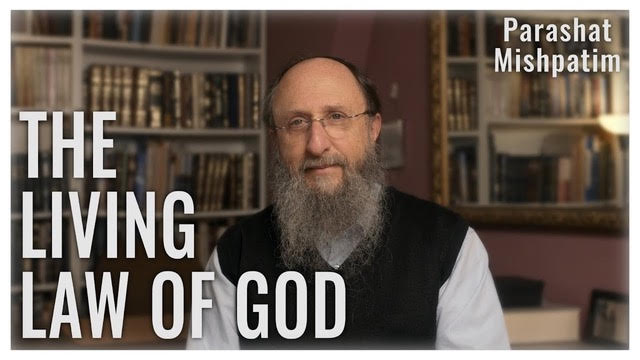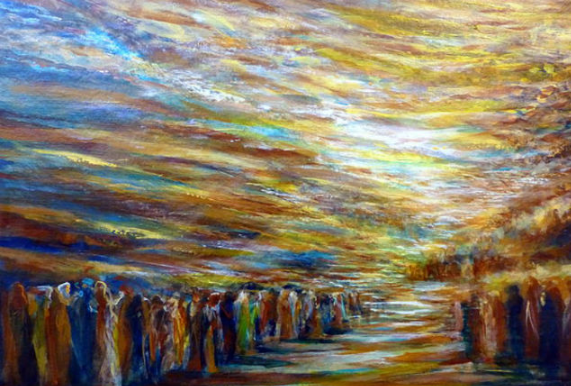Gordon Tucker Mishpatim: Before Them, Before Us: Law as Master, Law as Servant
Professor Tucker addresses the challenge of laws that appear to be less uplifting than others, such as laws about a father selling his daughter into servitude, when it is permissible to beat a slave, and so forth. He refers to David Hartman z/l, who wrote that “Halacha should be engaged as an open-ended educational framework rather than a binding normative one”.











